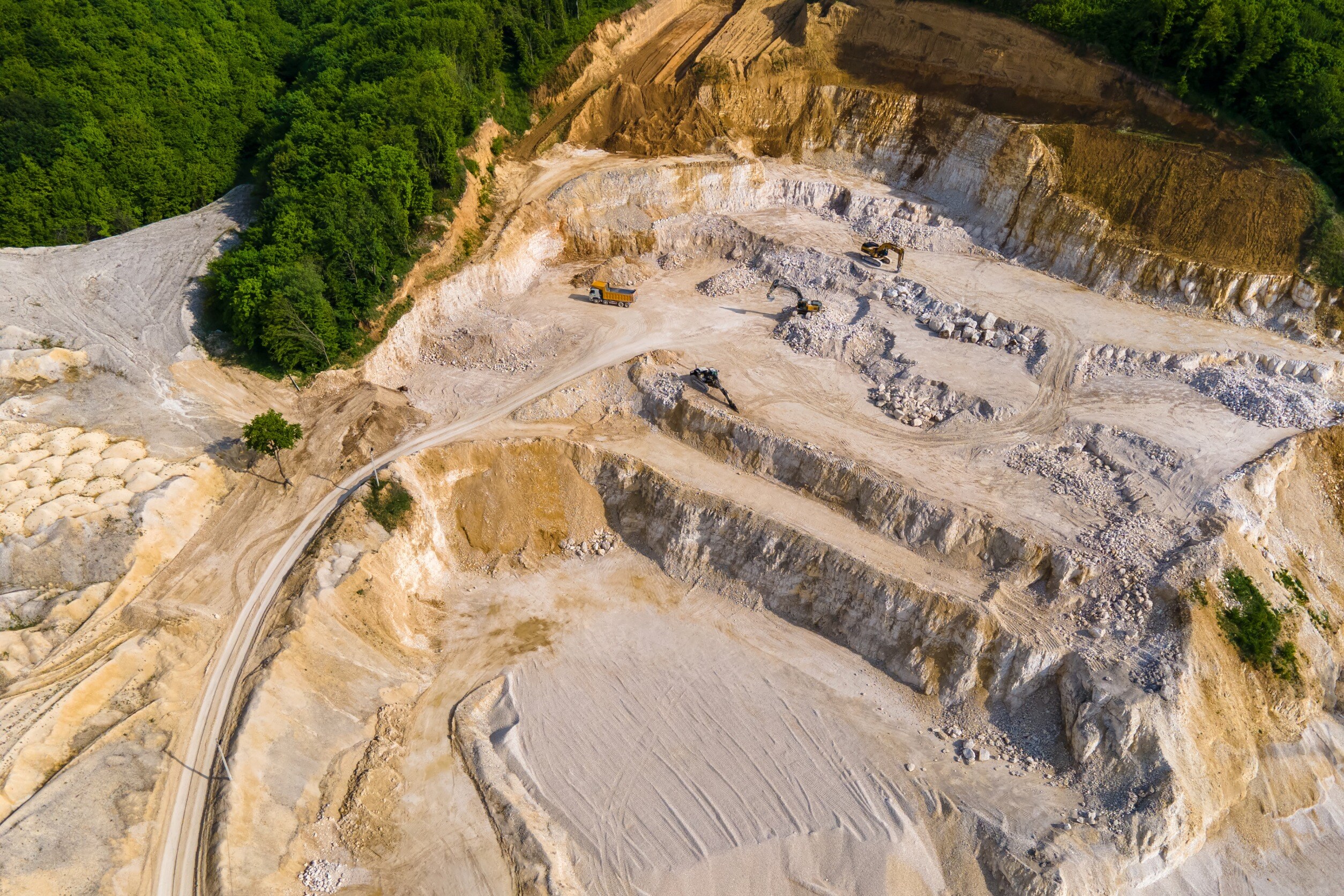2 min read
Sixth Circuit Affirms MSHA's Jurisdiction in Jones Bros. Case
Joe Whitcomb
:
December 10, 2024

In Jones Brothers, Inc. v. Secretary of Labor, Mine Safety & Health Administration, the U.S. Court of Appeals for the Sixth Circuit addressed a dispute over the jurisdiction of the Mine Safety and Health Administration (MSHA) versus the Occupational Safety and Health Administration (OSHA). Jones Brothers, Inc., a Tennessee-based construction company, challenged MSHA’s jurisdiction over its worksite, claiming it operated as a borrow pit exempt from Mine Act regulations.
The company was contracted to supply limestone for a road repair project on State Route 141 in DeKalb County, Tennessee. Jones Brothers extracted over 68,000 tons of graded solid rock from a leased site, which it argued was a borrow pit under OSHA’s purview, not a mine under MSHA’s. MSHA inspectors issued citations for safety violations, prompting Jones Brothers to contest the agency’s jurisdiction.
ALJ and Commission Rulings
An Administrative Law Judge (ALJ) determined that the site qualified as a mine under the Mine Act because the operation failed to meet the criteria for a borrow pit. Specifically, the ALJ found that the site:
- Was not used on a one-time or intermittent basis, as Jones Brothers operated six days a week for several months.
- Processed rock for its intrinsic qualities, such as drainage properties, rather than using it as bulk fill.
The Federal Mine Safety and Health Review Commission upheld the ALJ's decision, leading Jones Brothers to appeal to the Sixth Circuit.
Appeals Court Decision
The Sixth Circuit affirmed the Commission's decision, finding substantial evidence supported MSHA’s jurisdiction. Key points included:
-
Borrow Pit Criteria: Borrow pits are limited to one-time or intermittent extraction of overburden material for use as bulk fill. The court agreed with the ALJ that the site failed to meet this standard due to the continuous nature of operations and the processing of rock for specific qualities required by the Tennessee Department of Transportation (TDOT).
-
Intrinsic vs. Bulk Use: The court upheld the finding that the limestone’s specific drainage properties were integral to its use, disqualifying it from being treated as bulk fill under the borrow pit definition.
-
Deference to MSHA: The court emphasized the broad scope of the Mine Act, resolving doubts in favor of MSHA jurisdiction to ensure worker safety.
-
Independent Adjudication: The court dismissed claims of bias in the rehearing process, concluding that the ALJ’s decision was independent and free from undue influence.
Implications
The ruling reinforces the expansive interpretation of the Mine Act and highlights the rigorous criteria required to classify a site as a borrow pit. Operators must carefully evaluate whether their activities fall under MSHA or OSHA regulations to avoid costly disputes and compliance issues.
Rely on Experts for Mining Safety Law
Navigating mining safety and compliance laws can be complex. At Whitcomb Selinsky PC, our attorneys have deep experience in mining safety law and can help you manage regulatory challenges, including MSHA and OSHA disputes. Visit our mining safety law page to learn how we can support your business.




